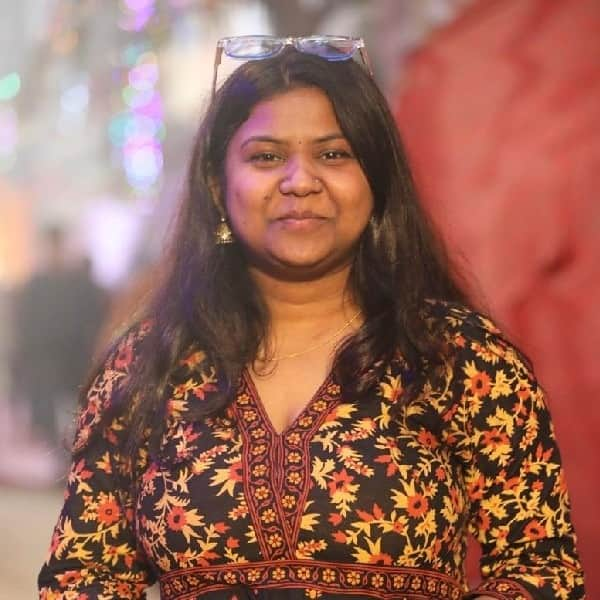synopsis
Delimitation means the process of fixing the number of seats and boundaries of territorial constituencies in each State for the Lok Sabha and Legislative assemblies.
There has been a renewed debate about delimitation after the issue was raised by the Chief Minister of Tamil Nadu. The delimitation of constituencies for the Lok Sabha and State Legislative Assemblies is to be carried out on the basis of the first Census after 2026.
Delimitation means the process of fixing the number of seats and boundaries of territorial constituencies in each State for the Lok Sabha and Legislative assemblies. The Union government, according to the Constitution, should constitute a Delimitation Commission of India by an Act of Parliament, chaired by a retired Supreme Court judge. India’s Chief Election Commissioner and Chief Electoral Officers of all states will be members of the commission.
Such an exercise was carried out based on the 1951, 1961 and 1971 Census.
The number of seats in the Lok Sabha, based on the 1971 Census, was fixed at 543, when the population was 54.8 crore. However, since then, it has been frozen in order to encourage population control measures.
This number is to be readjusted based on the first Census after 2026. As the 2021 Census that was originally postponed due to COVID-19 is yet to commence, there have been debates linking it to the ensuing delimitation.
An all-party meeting convened by Tamil Nadu Chief Minister M K Stalin on March 5 asked the Union government to suspend the delimitation exercise scheduled for 2026 and to freeze the number and state-wise distribution of Lok Sabha seats for another 30 years.
Not just Tamil Nadu, other southern states — Karnataka, Andhra Pradesh, Kerala, and Telangana — also fear that the exercise, if conducted solely based on population, will diminish their political representation in Parliament.
Also read: Protest Tamil Nadu's representation by having children, says Udhayanidhi Stalin
Why is Delimitation a contentious issue?
- North-South representation imbalance: Southern states like Tamil Nadu, Kerala, Karnataka, and Andhra Pradesh have successfully controlled their population growth, whereas northern states like Uttar Pradesh and Bihar continue to experience high growth rates. Since parliamentary seats are allocated based on population, the southern states fear losing representation in favor of the north.
- Impact on political equations: The shift of parliamentary seats could reduce the influence of southern states in national decision-making, where they currently have significant representation.
- Federalism concerns: The South contributes more to India's economy through taxation but may end up with diminished say in governance, which could deepen regional tensions.
- Demographic and governance paradox: States that have effectively implemented family planning and governance reforms might be penalized, while those with high population growth get rewarded with more seats.
Concerns, demands of Southern States
The southern states want the freeze to be extended till 2056, to allow for proper implementation of population stabilisation measures in states such as Uttar Pradesh, Bihar, and Jharkhand.
If the number of seats remains fixed at 543 and delimitation is based on post-2026 population figures, southern India could lose over 20 seats, which may be redistributed to northern states. Even with an increase to 848 seats, Uttar Pradesh could gain over 60, while the entire southern region would receive fewer than 40 additional seats.
- Loss of political influence: A reduction in parliamentary seats means a weaker voice in Parliament, affecting national policy decisions.
- Fiscal discontent: The existing tax-sharing formula already makes southern states feel they contribute more than they receive. Fewer parliamentary seats could further marginalize their demands.
- Cultural and linguistic identity: The fear of political dominance by the Hindi-speaking North is a recurring theme in southern politics.
Centre's stance?
The Centre’s stance on the issue remains unclear. The only official statement so far came from Union Home Minister Amit Shah, who assured that no southern state would lose seats but would instead gain additional constituencies on a pro-rata basis.
However, political parties are seeking clarity on whether the pro-rata distribution will be based on the current seat percentage or on the population figures.
)
 subscribe to Asianet News Whatsapp channel by clicking here.
subscribe to Asianet News Whatsapp channel by clicking here.